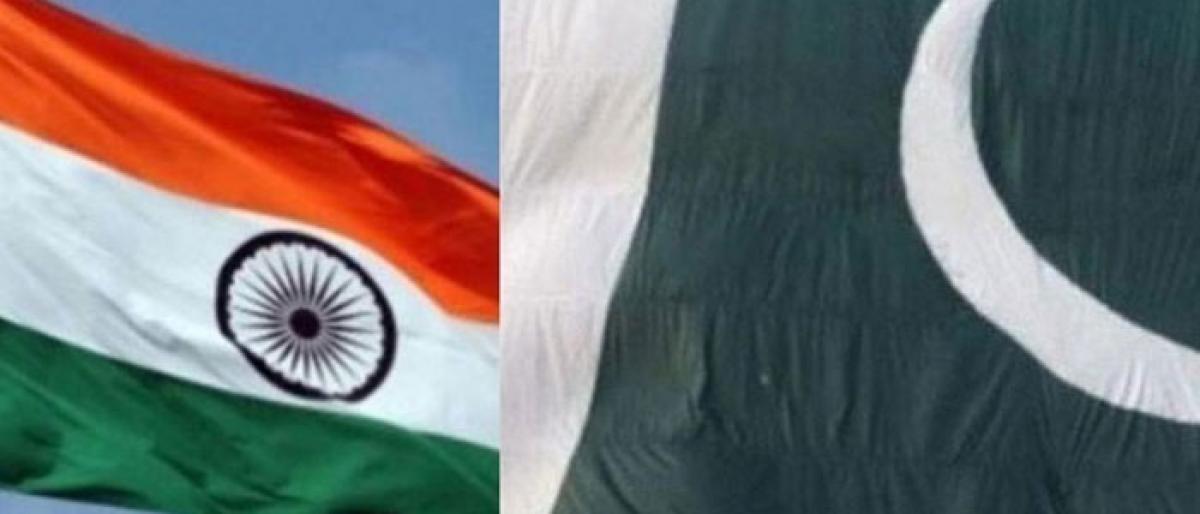Live
- At Amroha rally, PM Modi sends out ‘meaningful’ message for Muslims and Hindus
- Tripura records highest 79.83 pc voter turnout in Northeast
- The government has to clear the confusion
- UP: Police officers, govt doctors to appear virtually in courts
- White tigress Sneha dies at Nandankanan zoo
- World Liver Day 2024: Follow these easy lifestyle tips to cleanse and maintain a healthy liver
- Scholarships For Students
- What are the causes behind the increasing number of cancer cases
- Navigating Higher Education in US through scholarship
- Thrissur Pooram 2024: A Celebration of Tradition and Spirituality









